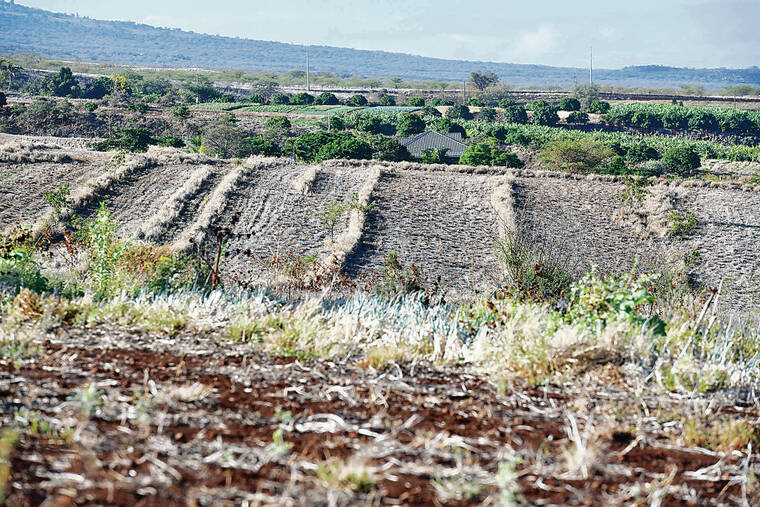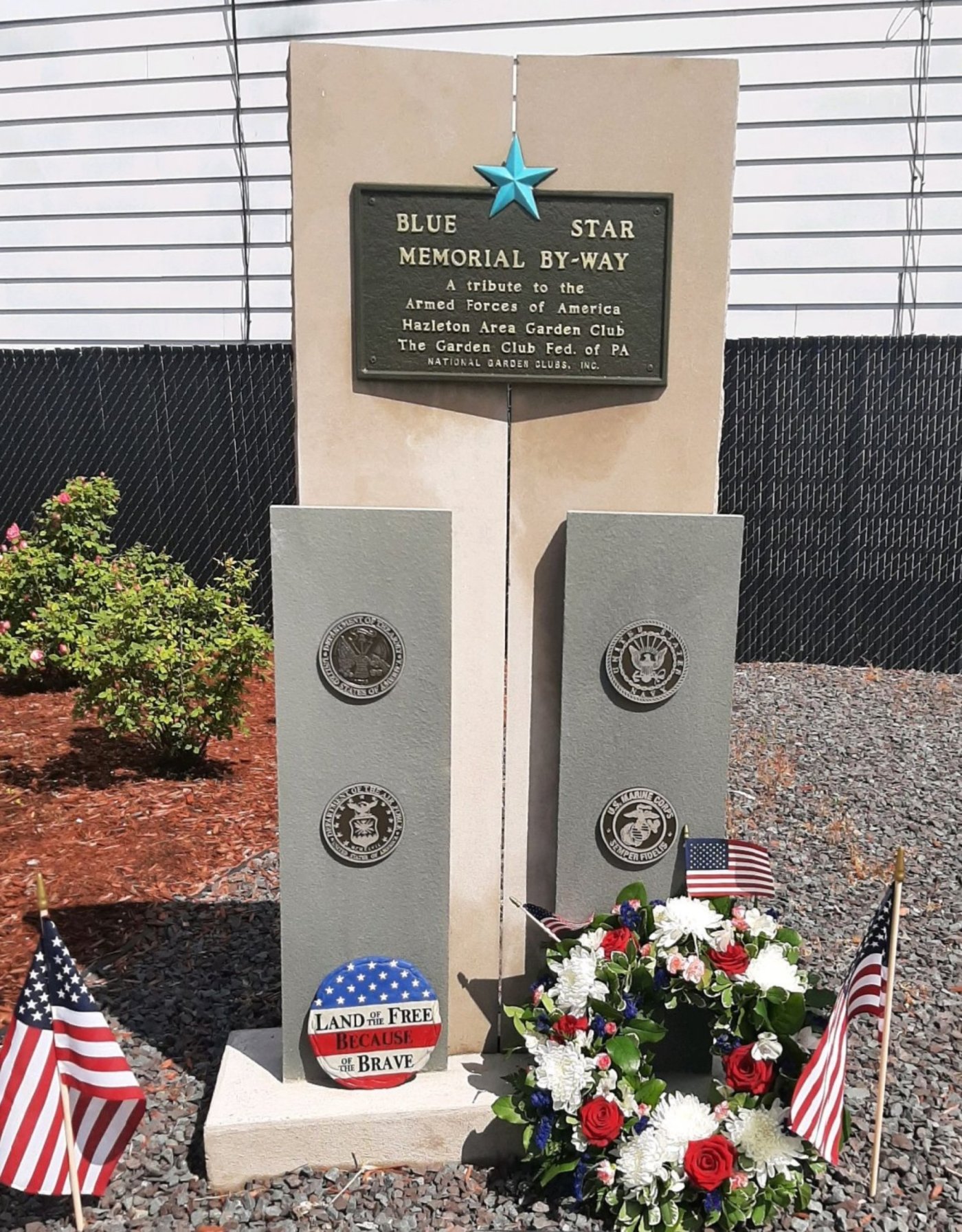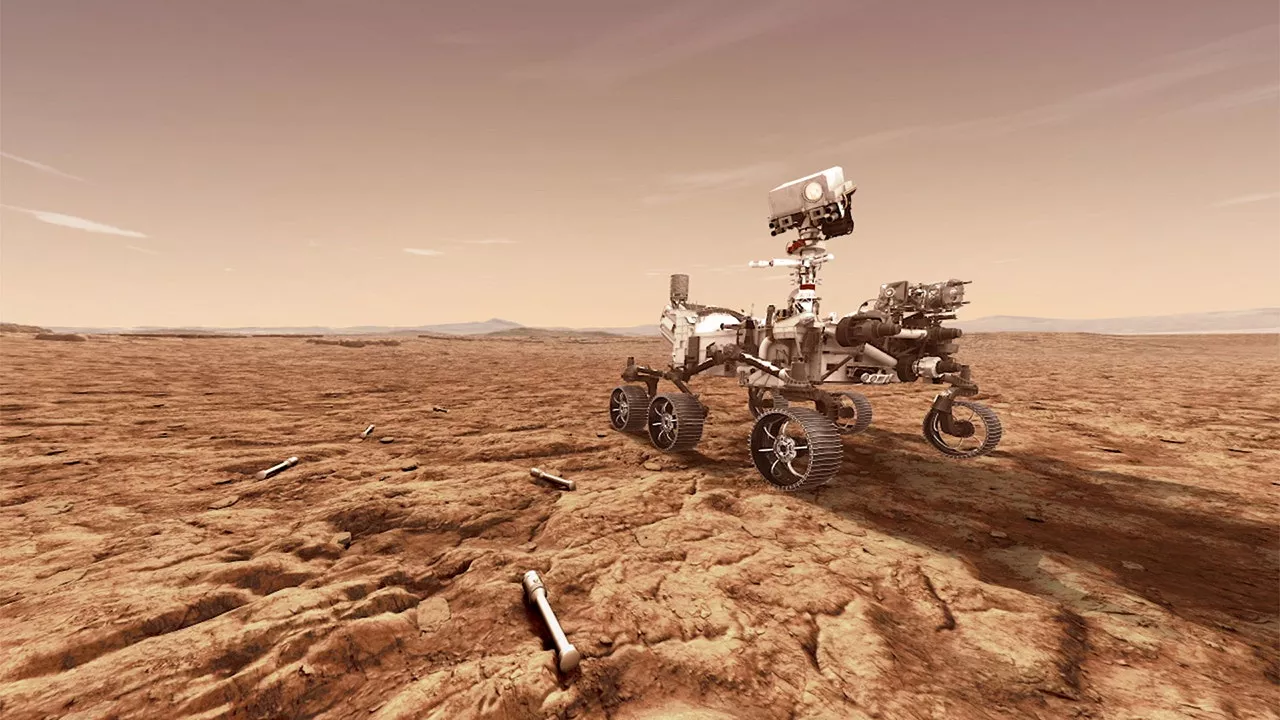URGENT UPDATE: Upcountry Maui faces an unprecedented Stage 3 water shortage as the County Department of Water Supply (DWS) responds to a historic drought. This declaration, made July 15, 2023, marks the first time the area has escalated to Stage 3 restrictions, highlighting the severity of the situation.
The prolonged drought has drastically reduced stream flows in East Maui, with critical ditch systems delivering less than 5 million gallons per day—a staggering drop from historical averages of up to 300 million gallons per day. Key areas affected include Makawao, Kula, Haiku, and Pukalani, where residents now face strict conservation measures.
DWS reports that recent reservoir storage fell to 127 million gallons but has since rebounded to 153 million gallons. However, this supply is projected to last only about two months under ongoing dry conditions. Although limited rainfall has provided some relief, it has not significantly improved stream flows, which remain far below historical averages.
The Stage 3 declaration imposes stringent restrictions on all water use, affecting residents, businesses, and agriculture alike. Nonessential commercial and industrial water use must cease immediately, while turf grass irrigation is banned entirely. Residents may water gardens only once per week using drip irrigation or hand-watering, and personal vehicle washing is prohibited.
DWS emphasizes the urgency of the situation, with hydrologist Christopher Shuler stating, “Most streams have been at or near zero flow for weeks this summer.” The Upcountry system now has only two to three weeks of storage left, leaving it highly vulnerable.
Local farmers are particularly alarmed by the new restrictions. Darrell Tanaka, a Haiku farmer, expressed concern about the impact on livelihoods: “Full-time farmers cannot afford droughts like this. Without water, crops fail, and livelihoods are at stake.” For the first time, agricultural customers are no longer exempt from restrictions, marking a significant shift in policy.
Environmental advocates, including Lucienne de Naie from the Sierra Club Hawaii, commend county efforts to manage water resources but caution against linking Upcountry to Central Maui’s water systems. Concerns over equity and potential diversion of local water to larger developments remain prominent.
As Upcountry residents grapple with these changes, DWS is implementing measures to promote conservation. Free devices to assist in water-saving efforts—such as faucet aerators and leak detection tablets—are available at the Wailuku office. Residents are encouraged to address leaks, take shorter showers, and use drought-tolerant plants for landscaping.
In addition to immediate conservation strategies, DWS is exploring longer-term solutions, including expanding reservoir capacity and drilling new wells. Director of Water Supply John Stufflebean reported that water usage in Upcountry has already decreased by approximately 20% since the declaration, partly due to recent precipitation.
As this developing situation unfolds, officials stress that future easing of restrictions will depend on rainfall and the success of ongoing conservation efforts. Residents are urged to remain vigilant in conserving water to support their community’s resilience against this historic drought.
The urgency of this situation highlights the need for immediate action and cooperation among all residents of Upcountry Maui. The time to act is now, as every drop counts in this critical moment.







